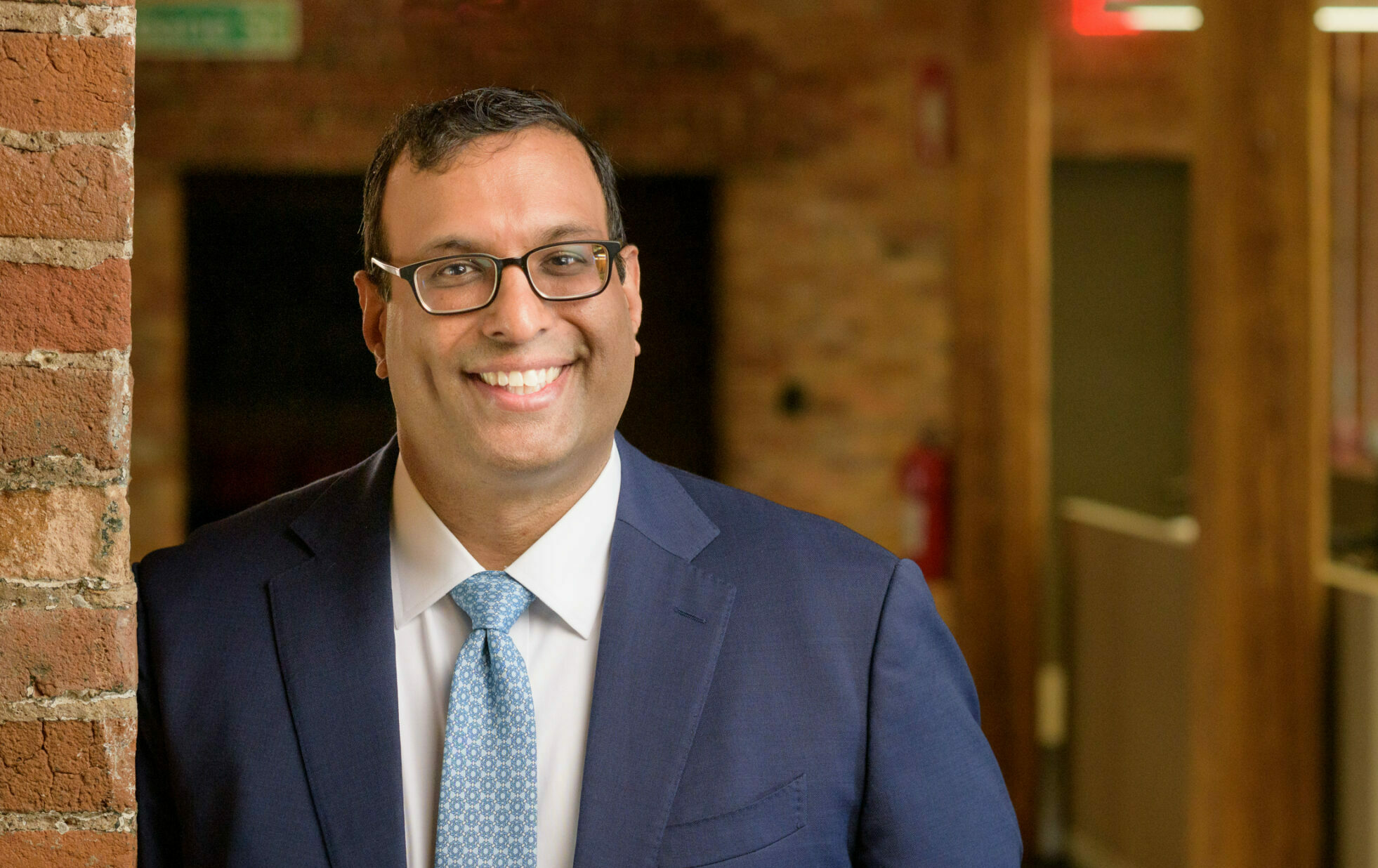CEOs are challenged more today than they ever have been before. Here’s the one trait that helps the best CEOs thrive in this unprecedented environment.
In the September issue of Dialogue, I laid out conclusions from Duke Corporate Education’s CEO study and highlighted the new challenges facing leaders operating in this globally interconnected world – an environment shaped 24/7 by shifting rules, where grappling with the unfamiliar has become the norm.
Our conversations with CEOs led us to identify that the challenges facing leaders today are less predictable, solutions need to be more systemic and the power to effect change requires moving collectives through influence as opposed to formal authority. But along the way, another interesting theme emerged. When asked how leaders need to adapt to these circumstances and challenges, several participants brought up the need for more curiosity.
One CEO from Sweden noted: ‘I need to be hungry, study every day and be curious.’ Another from the Netherlands said: ‘What is really important is that you’re completely open-minded.’ And a CEO from Brazil shared his perception of leaders needing a diverse set of experiences: ‘Get as much broad-based type experiences to help you prepare—leaders need to get out and see and experience things.’
These comments hint at perceptual curiosity. A CEO from India commented: ‘There is a constant need to learn and renew, and, therefore, if leaders were relevant yesterday they may not be relevant today unless they renew.’ This highlights the increased motivation and drive to know and learn more, or epistemic curiosity. This is critical.
As a CEO from Australia said: ‘We are in a turbulent situation. You have to try out a few things and be brave.’ Embedded in this quote is the need for leaders to engage in trial and error and experimentation. Engaging, not studying the problem, quickly fostering successes and killing failures are the keys. Curiosity seems to be an attribute and orientation of growing importance for leaders to adapt and succeed. We sometimes use the phrase: ‘Curiosity needs to be part of a leader’s DNA.’ That said, I was surprised to learn 20% of human beings have a mutated gene that causes them to be more curious and restless.
In an article in National Geographic called Restless Genes, scientist David Dobbs explains that geneticists believe they have isolated a variant of a gene, called DRD4-7R, which causes people to take more risks in exploring new places, ideas, relationships and embrace movement, change and adventure. Dobbs points out that 7R, the “explorer’s gene”, alone does not make someone an explorer.
Five years ago, statistician Nassim Nicholas Taleb coined the term “black swans”— large events that are unexpected and highly consequential. We never see black swans coming, but when they arrive, they profoundly shape our world.
Taleb suggests, since our ability and tools to predict black swans is low, the key to adaptation and survival is building anti-fragile institutions. Fragility is the quality of things that are vulnerable to volatility. So the opposite of fragile isn’t robust, sturdy or resilient—things with these qualities are difficult to break. Rather, Taleb says we need institutions that gain from volatility, variability, stress and disorder and have this crucial anti-fragile quality.
A great deal of leadership energy goes into predicting the future and trying to create stability. It may be time to shift leaders’ energy to embracing the new environment and building anti-fragile organizations. To this end, I think our CEOs are onto something important. Curiosity, in its many manifestations, is well suited to help us, as leaders, widen our lens, engage the new challenges, experiment and learn faster, and build organizations that gain from disorder.
An adapted version of this article appeared on the Dialogue Review website.




